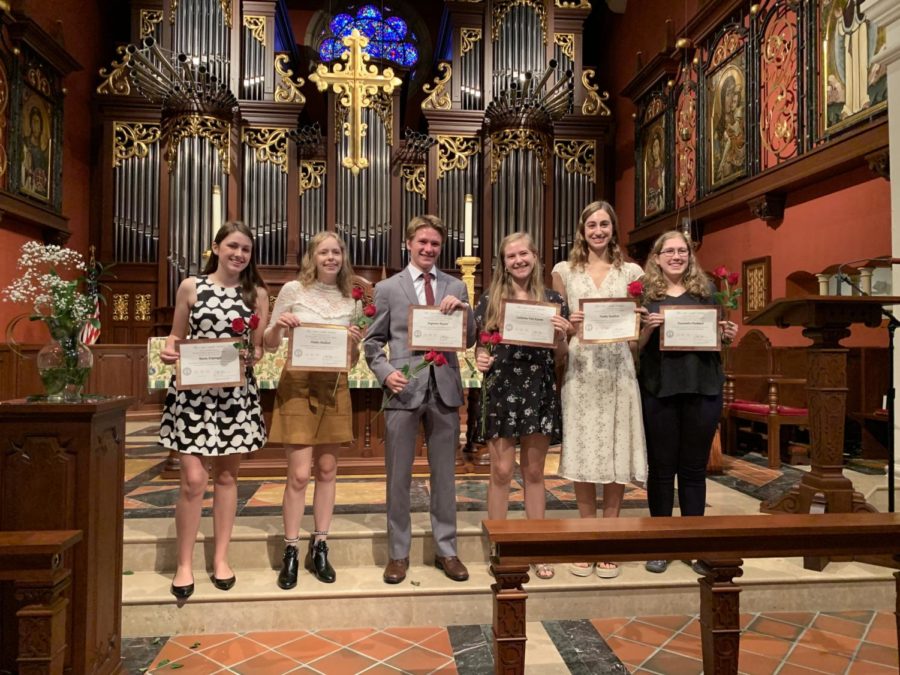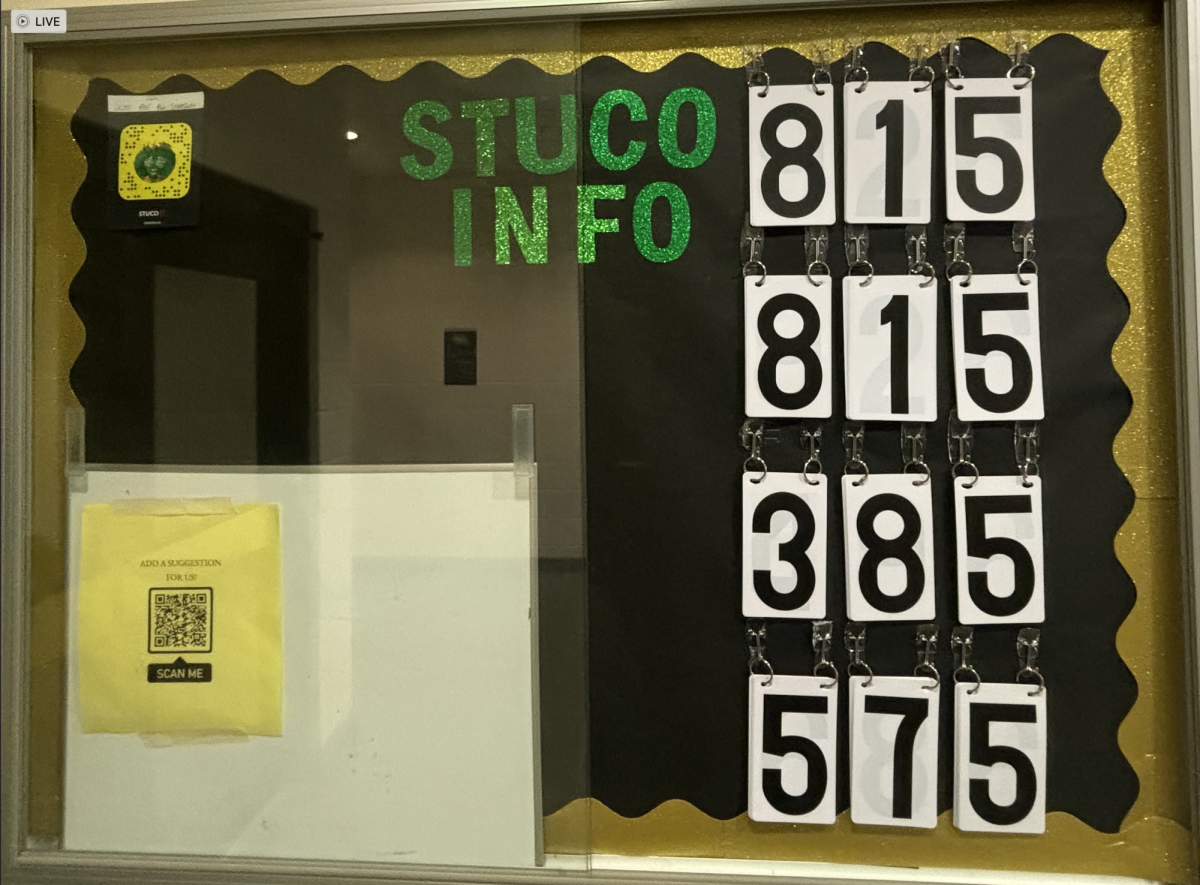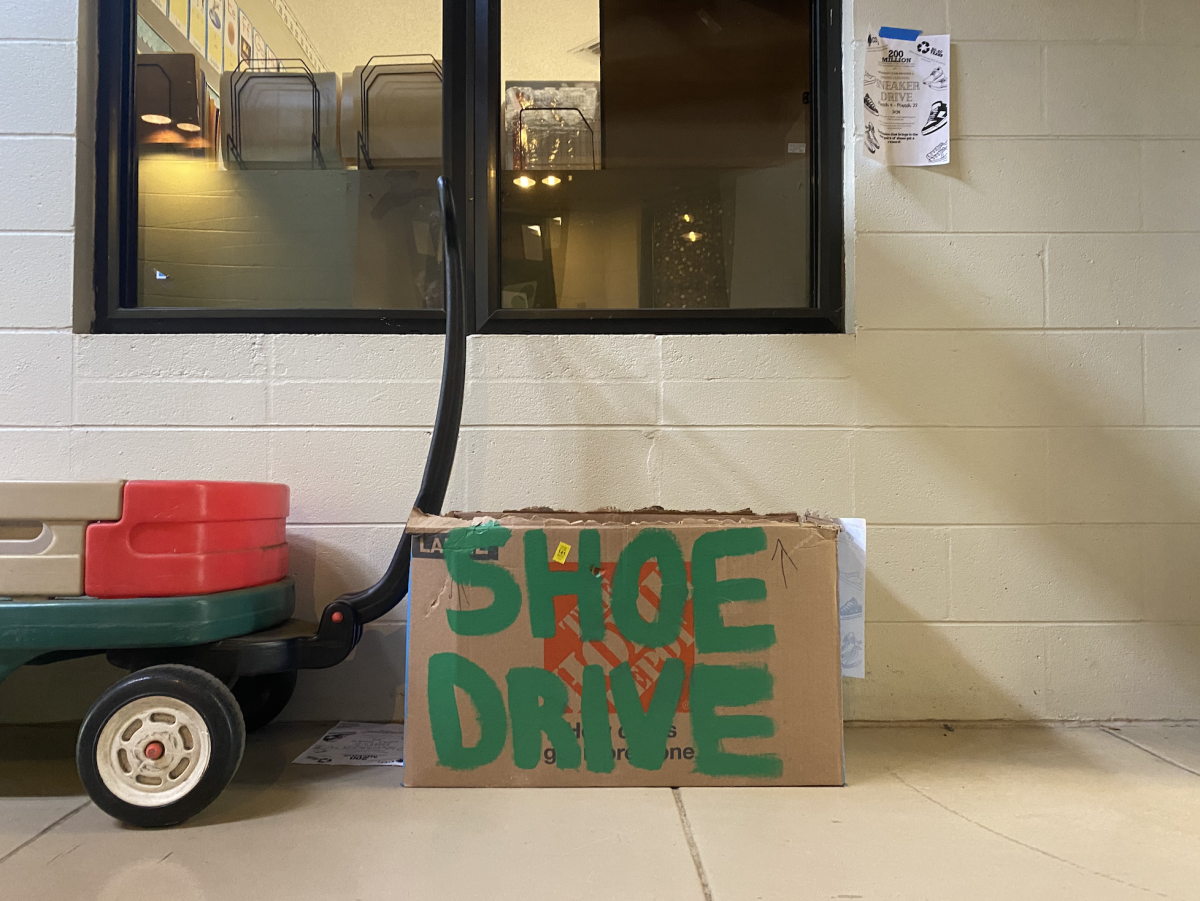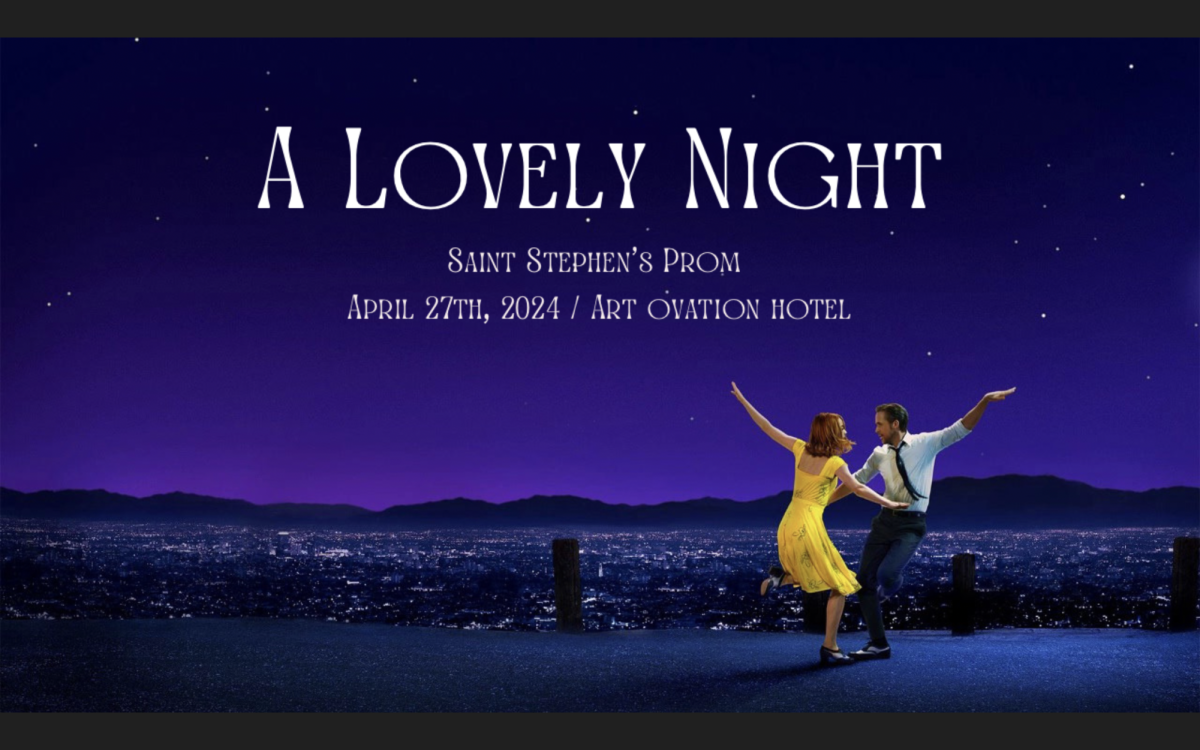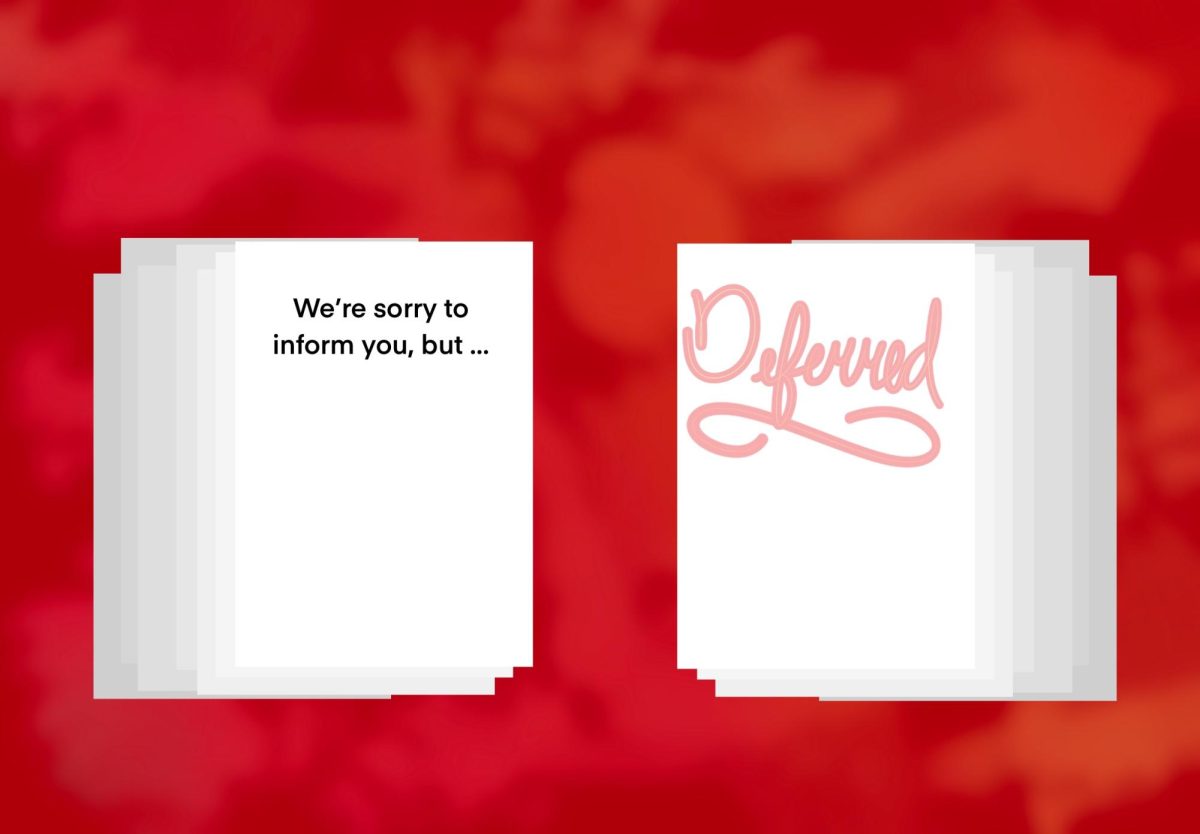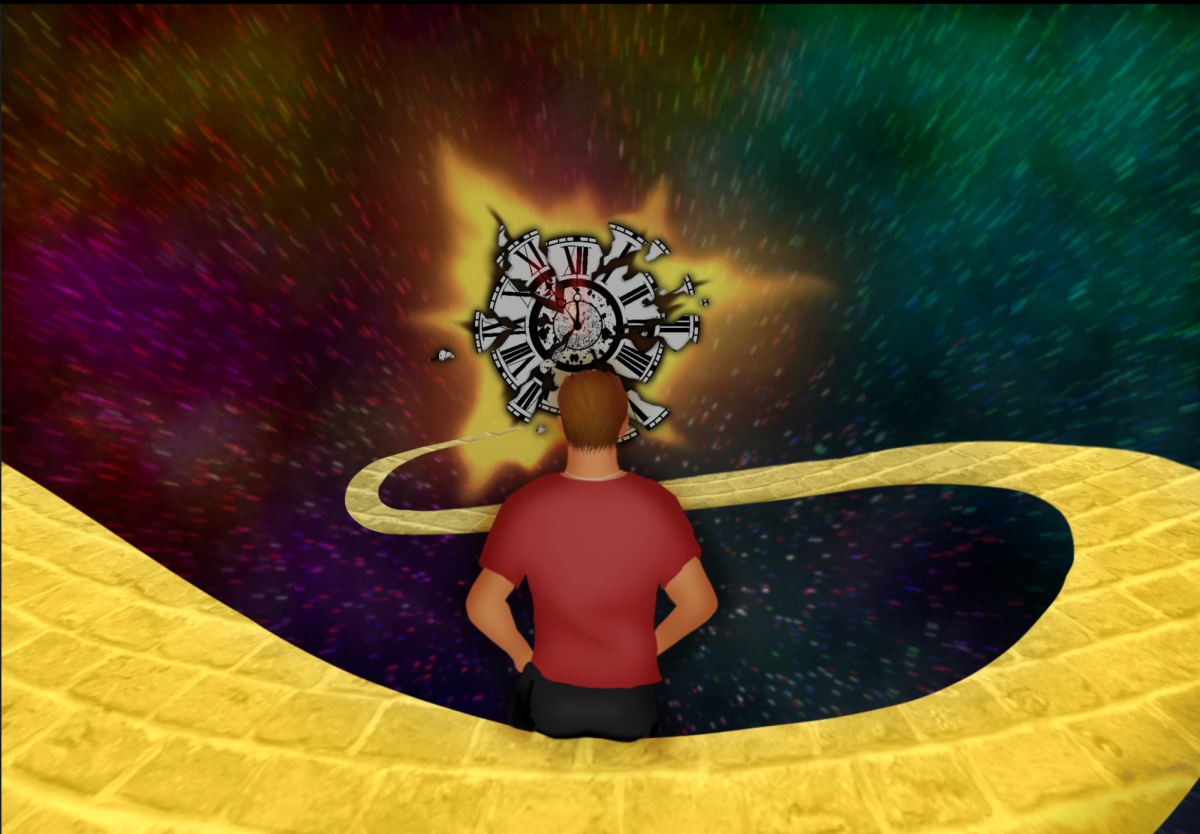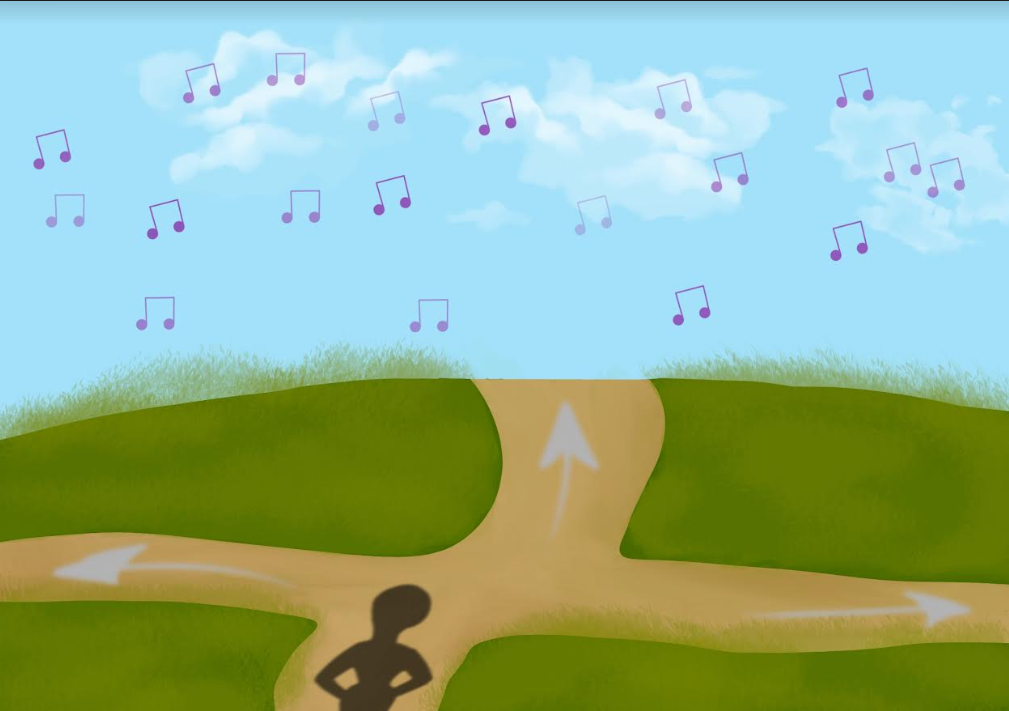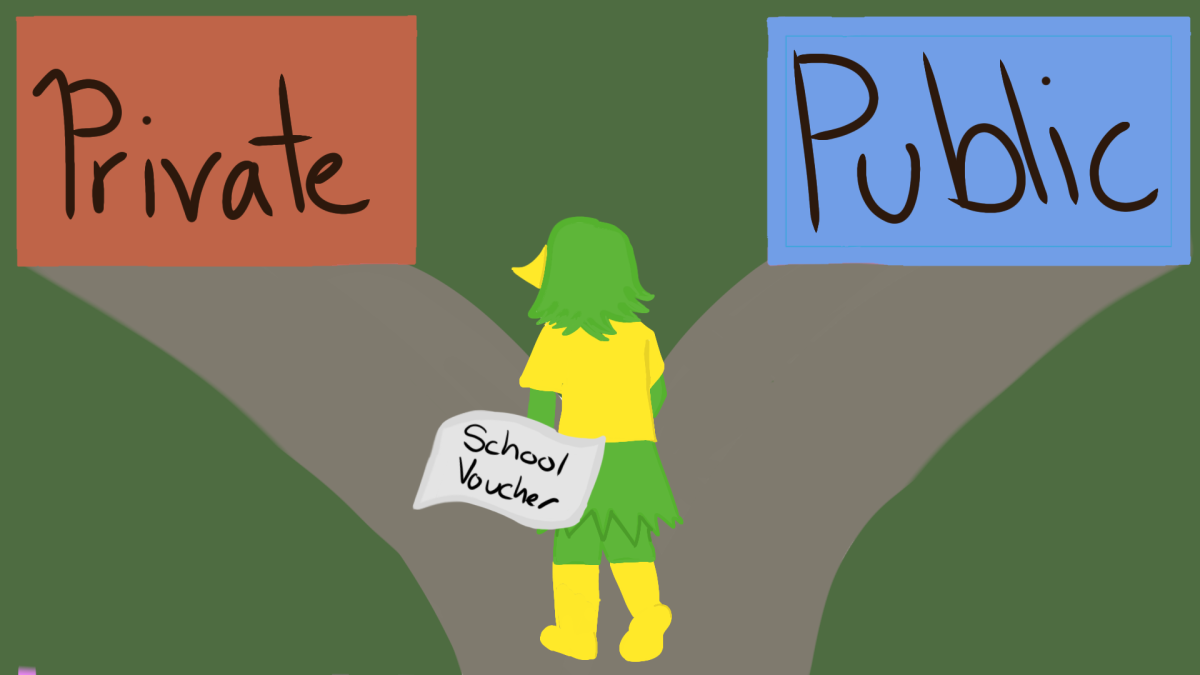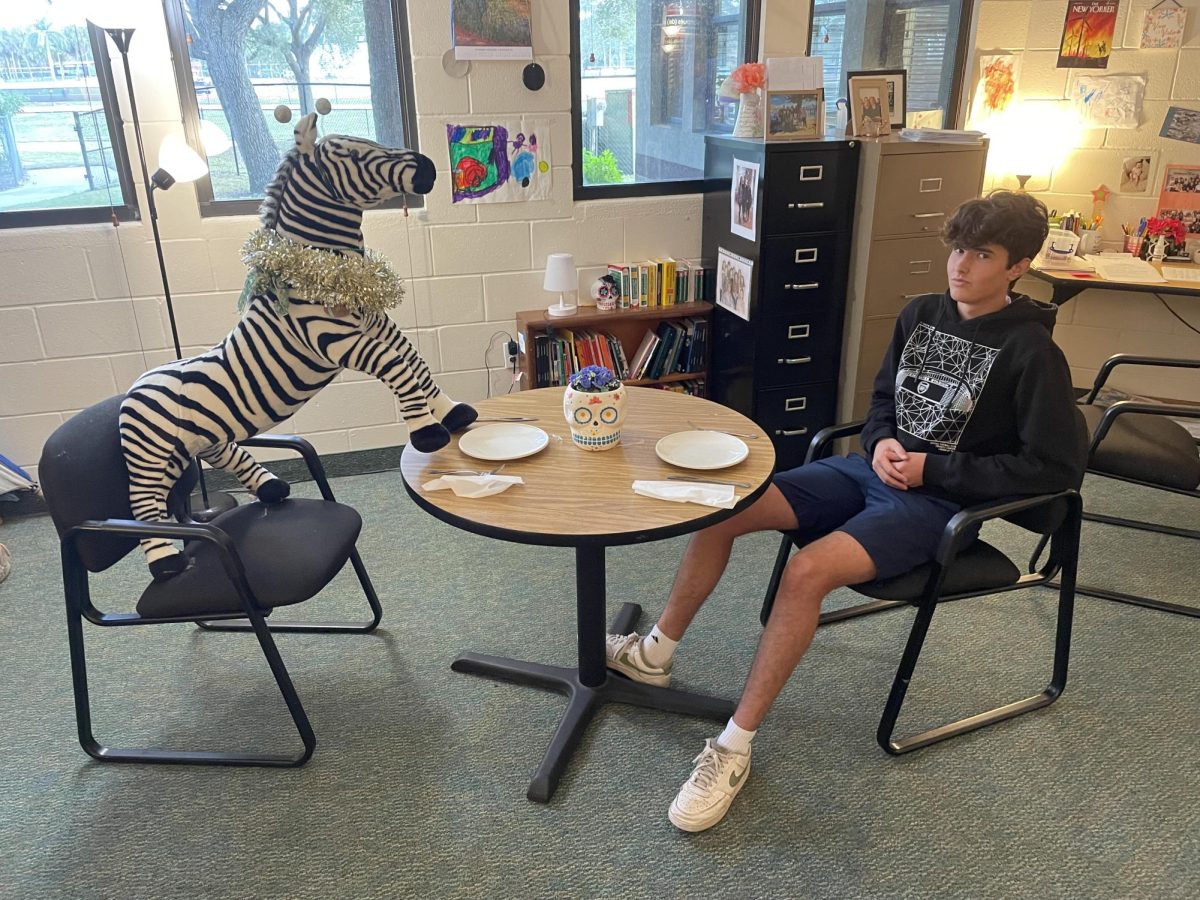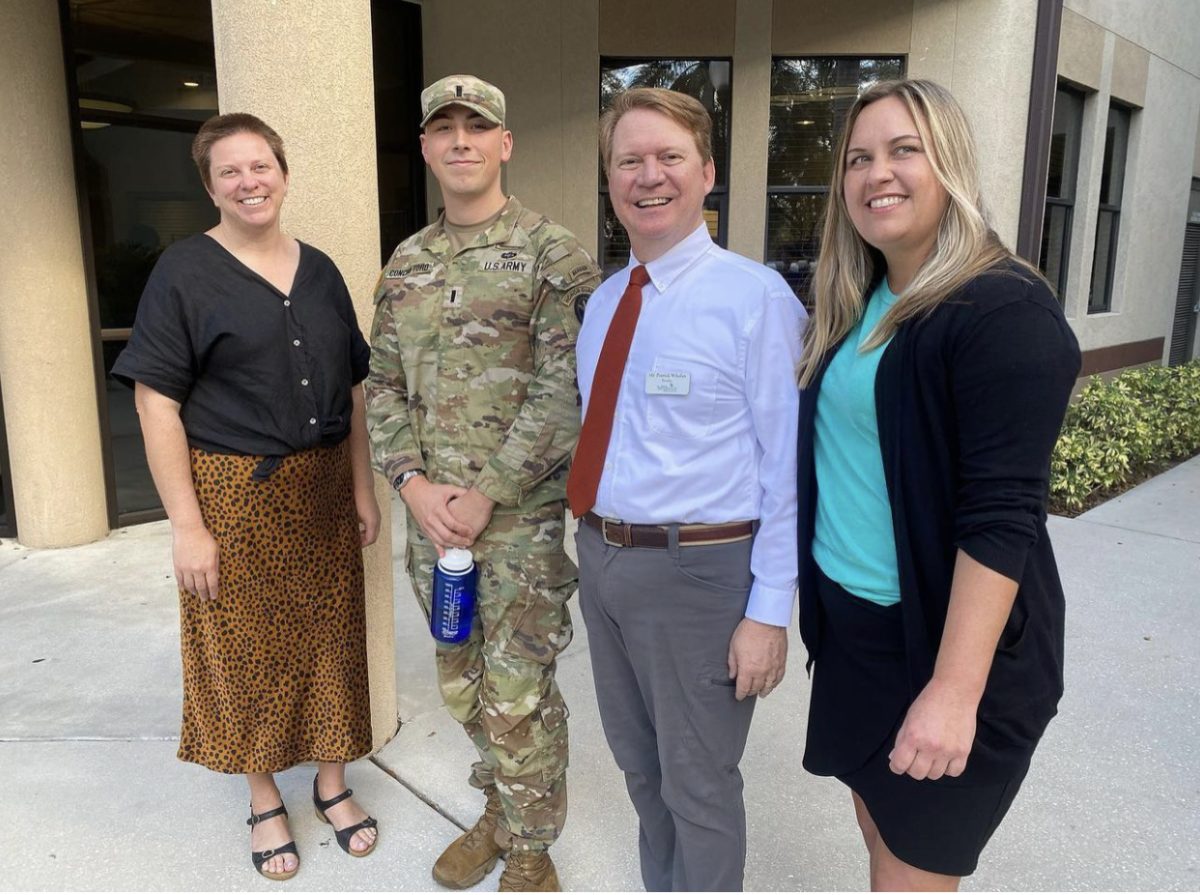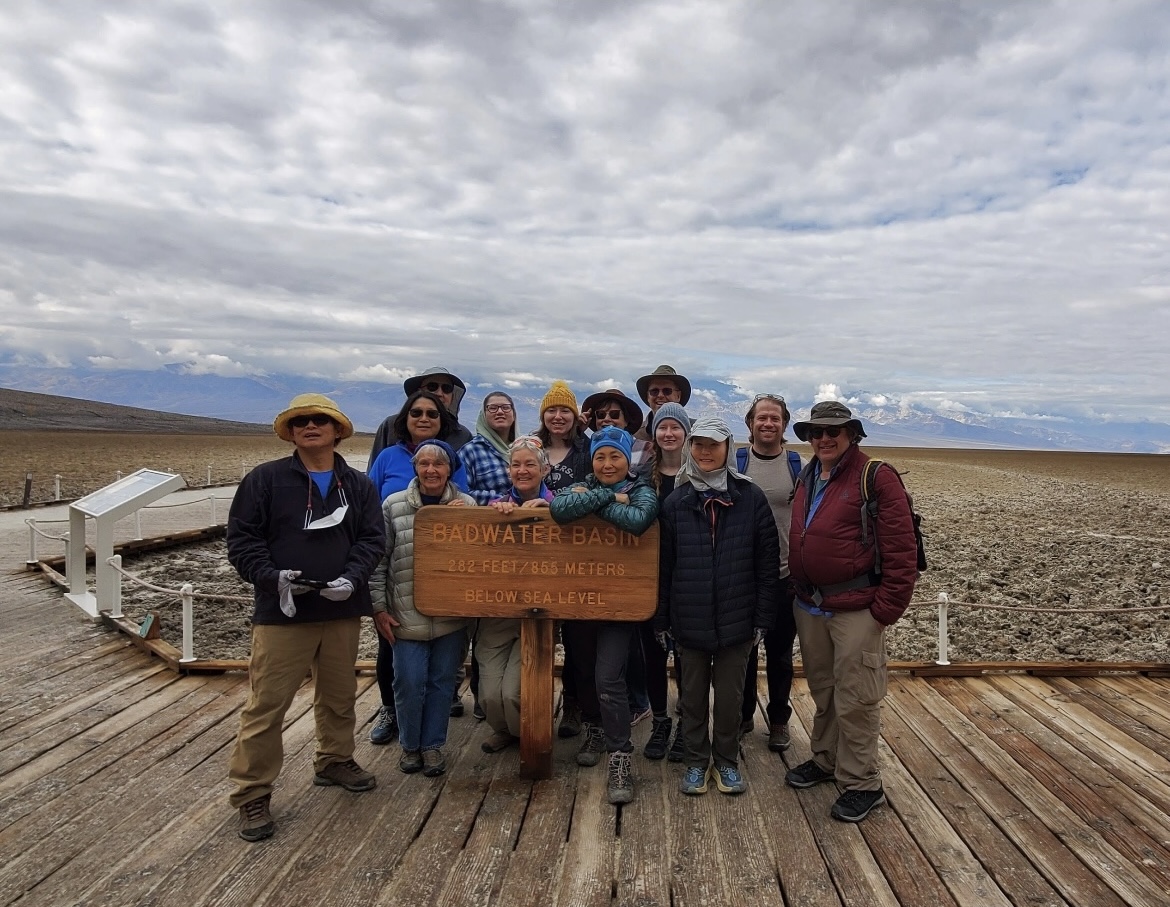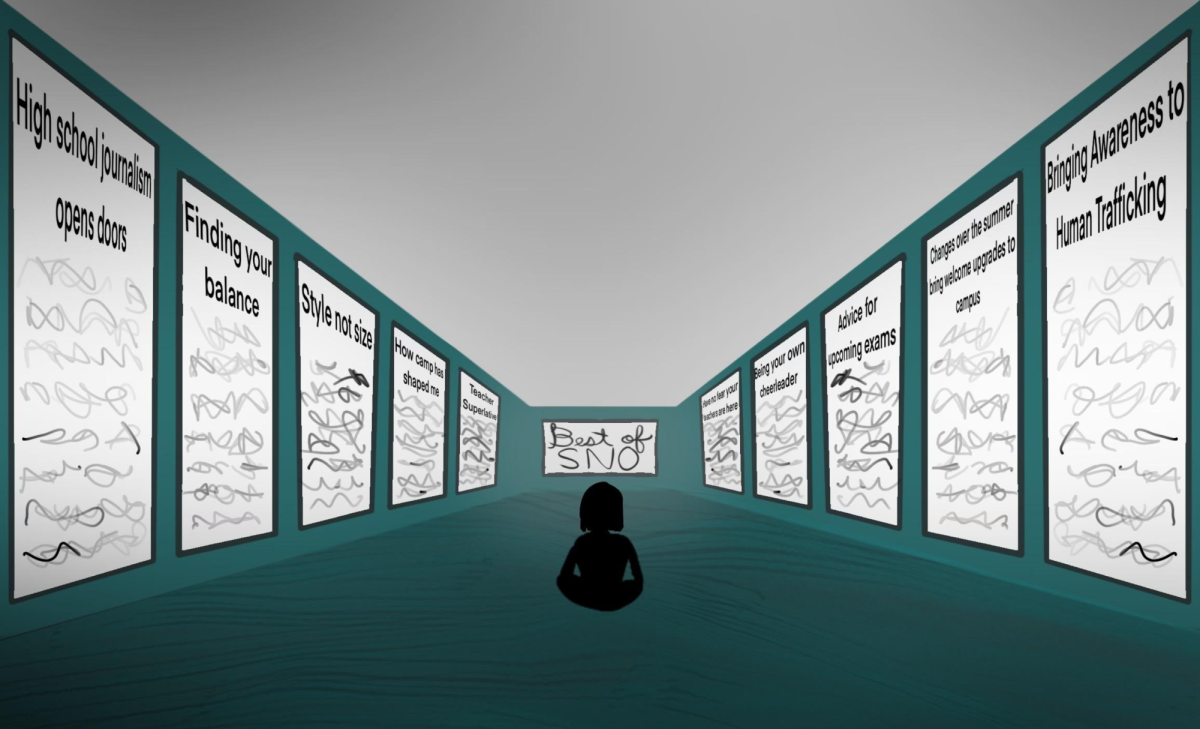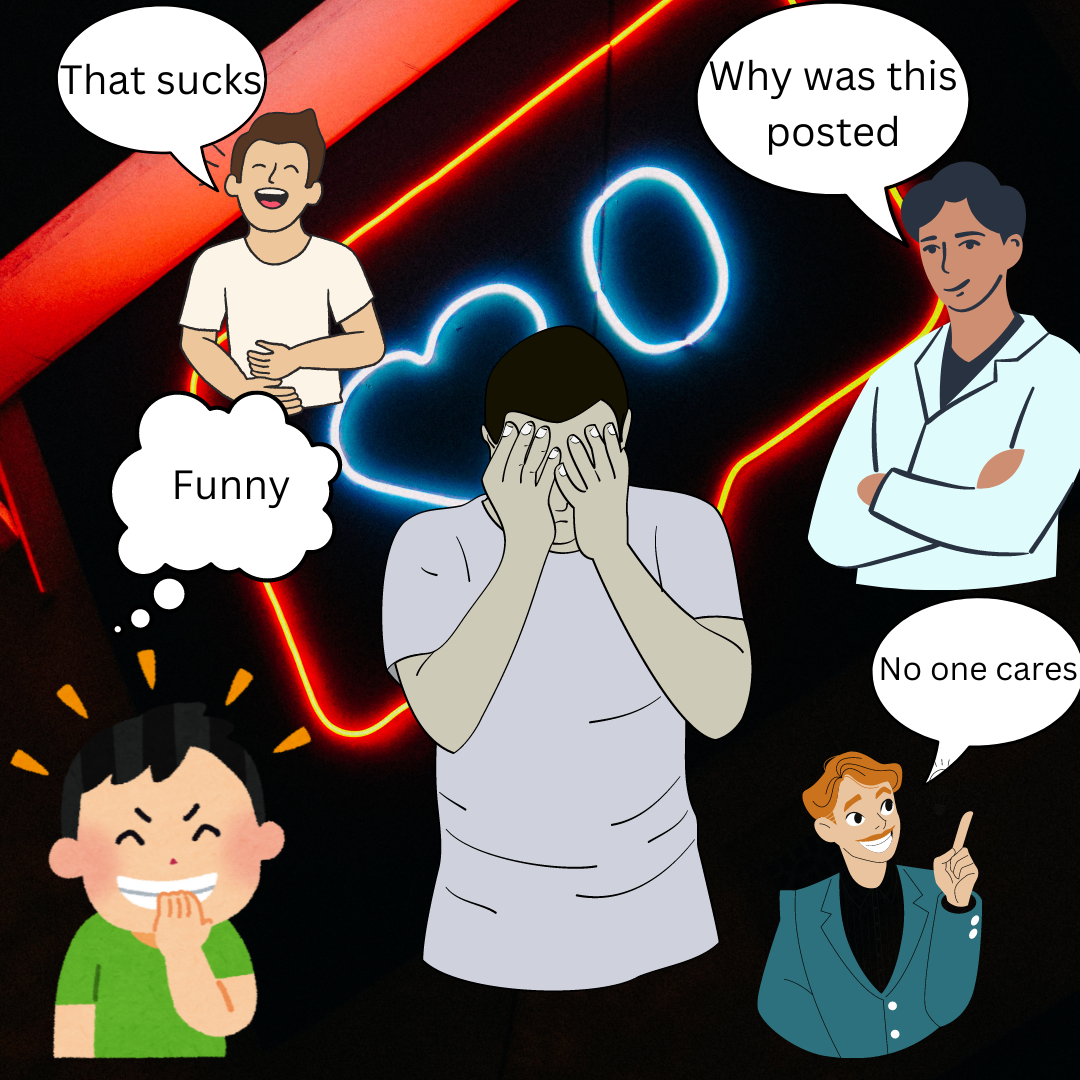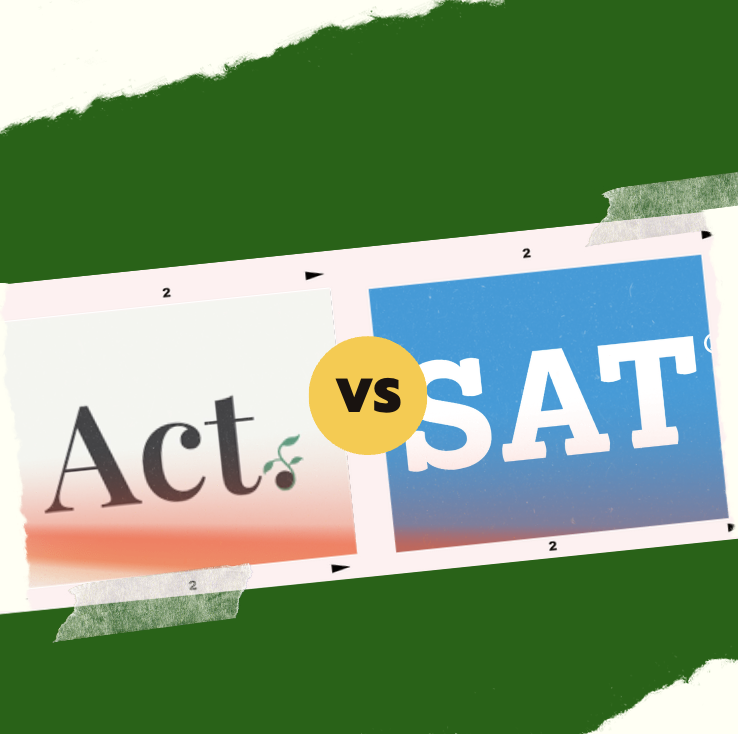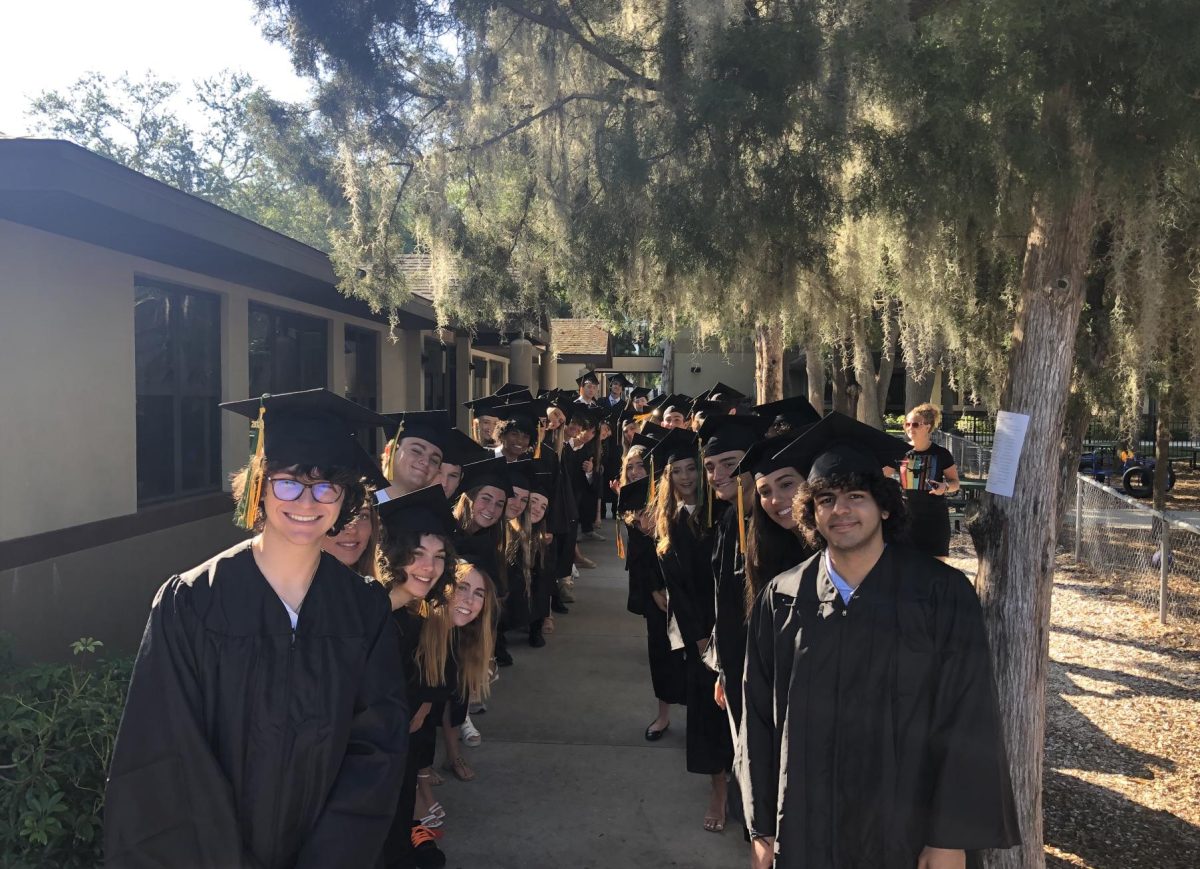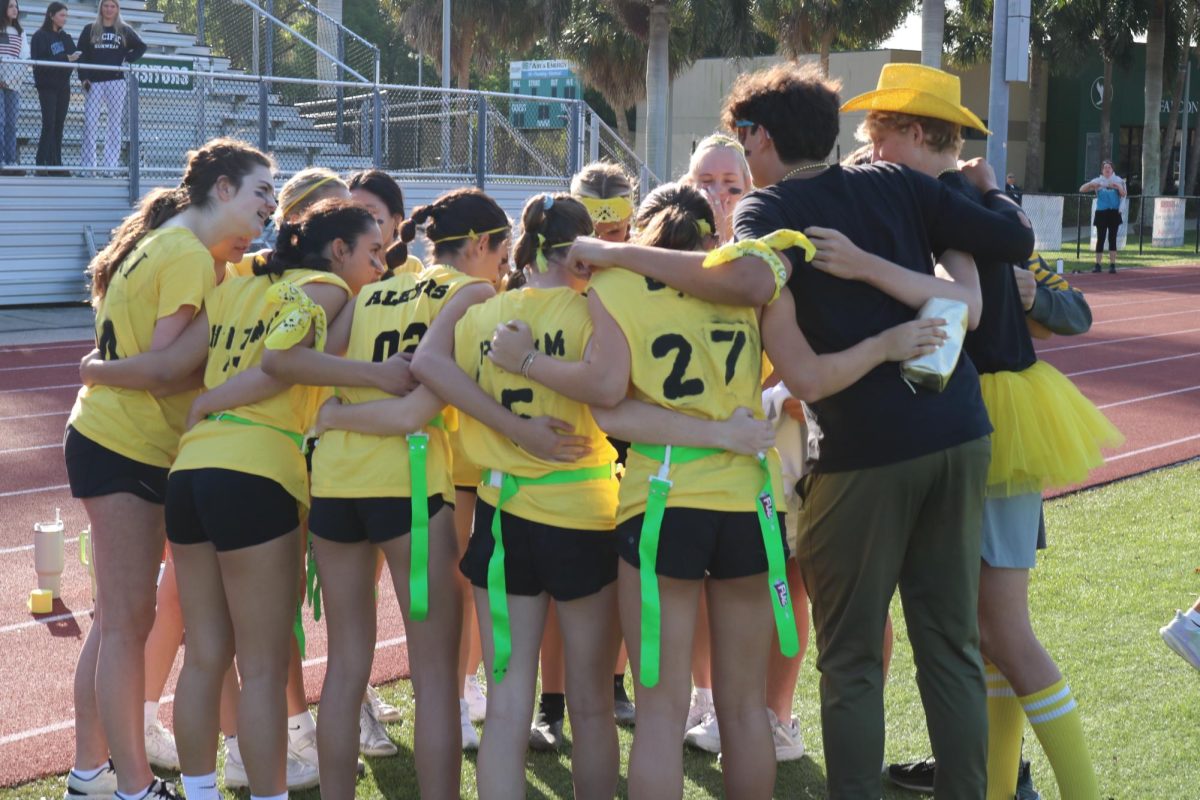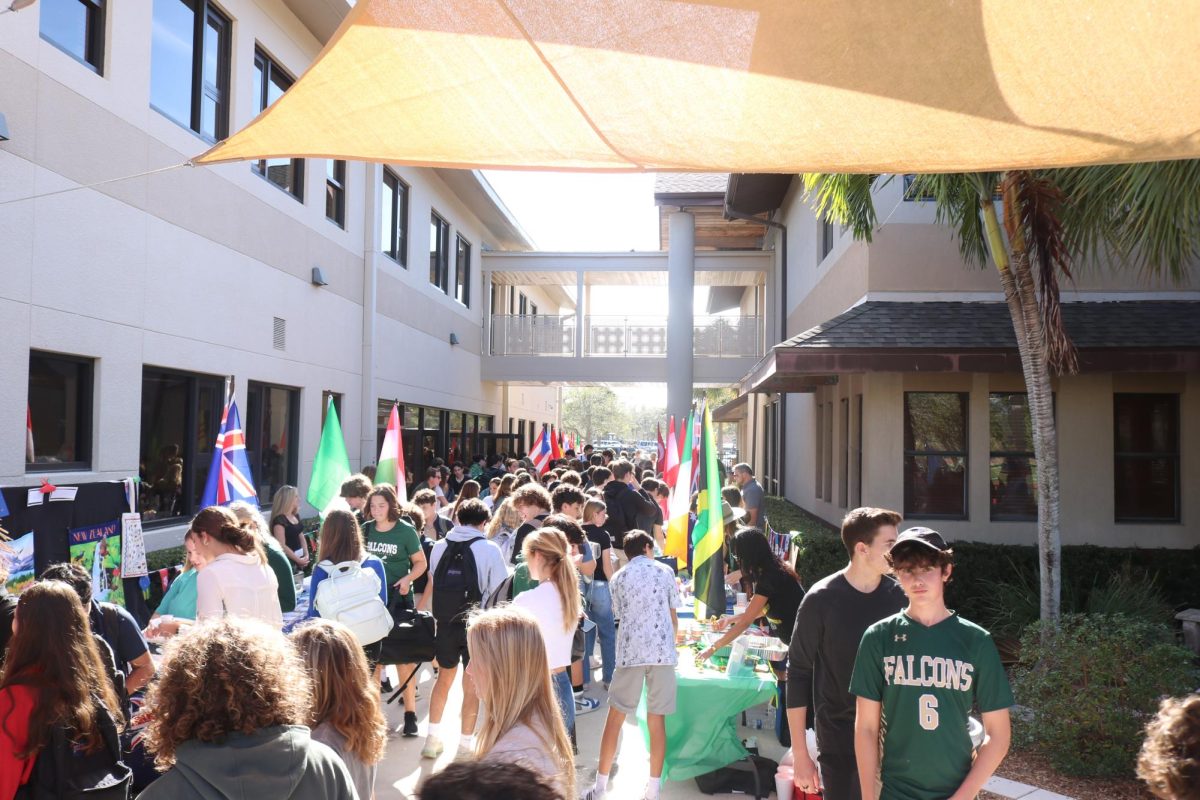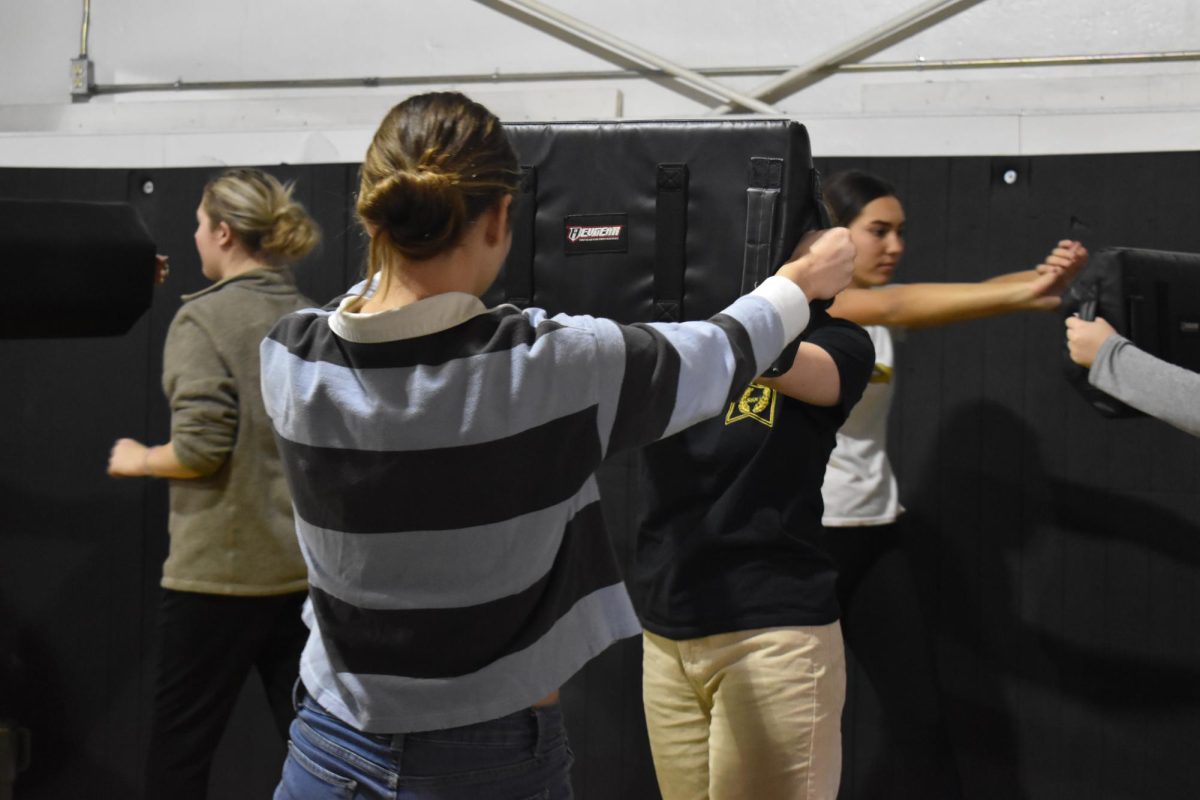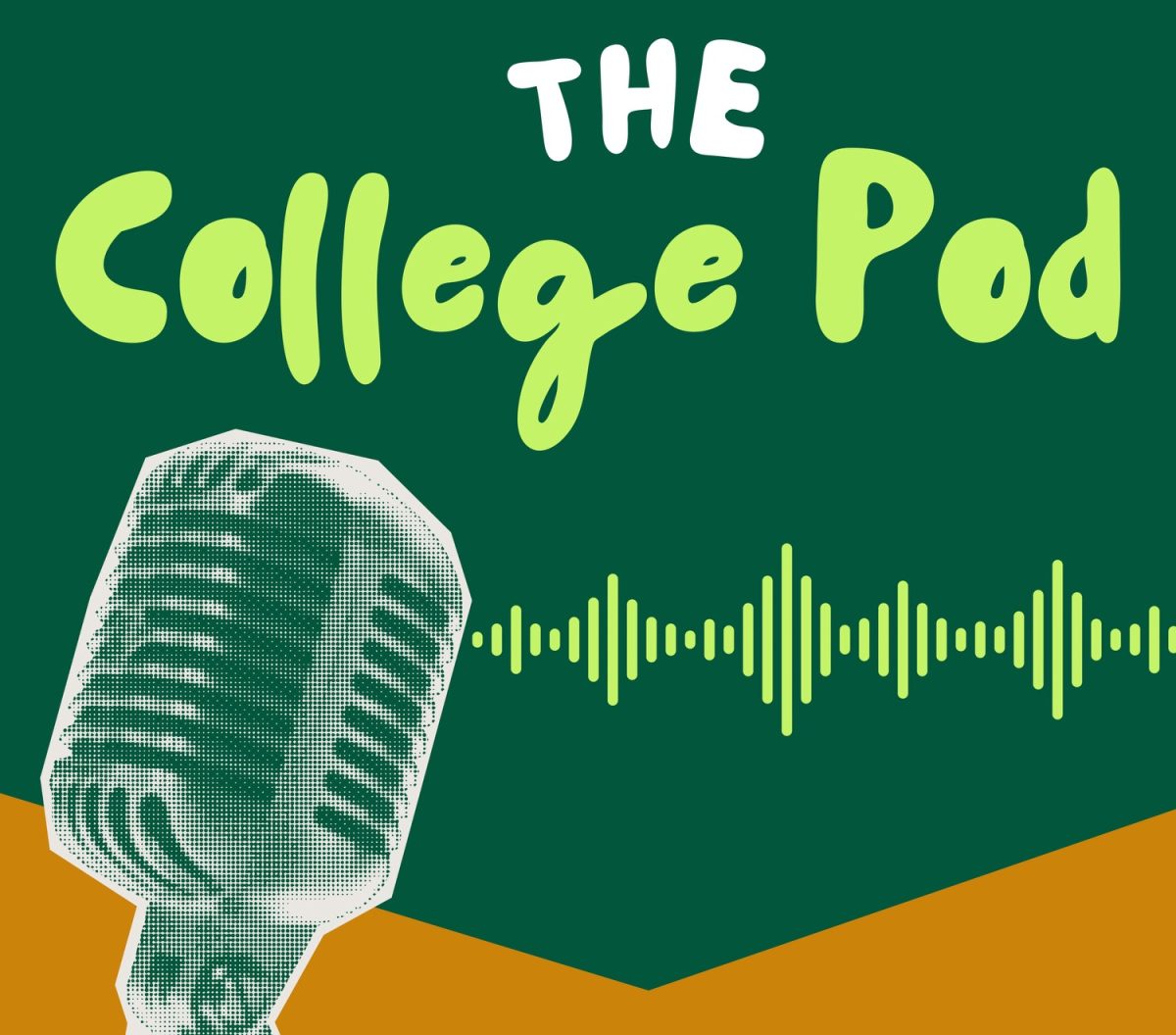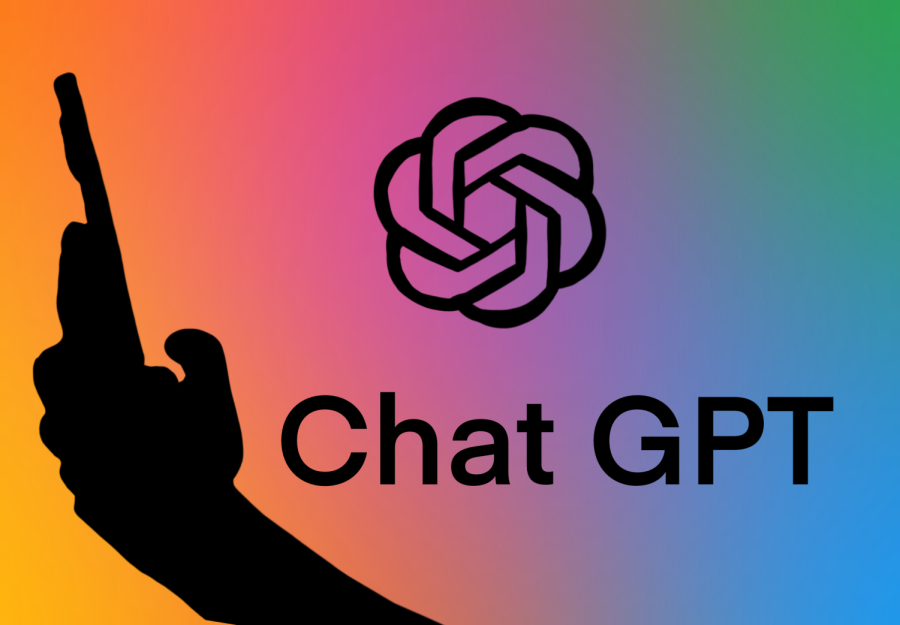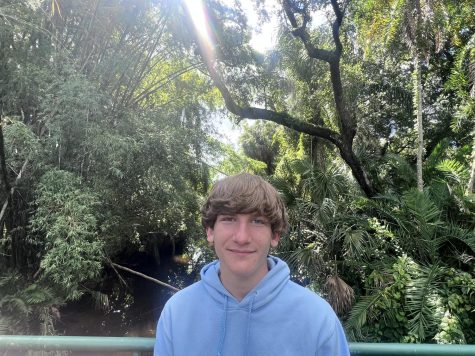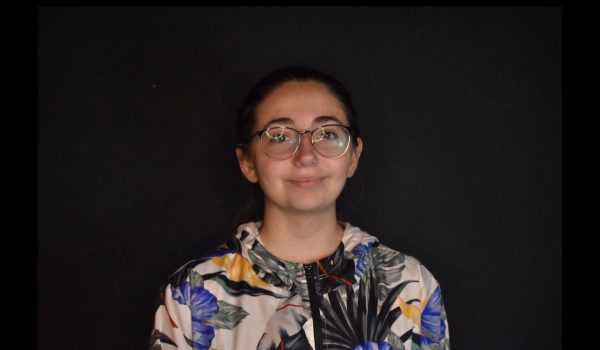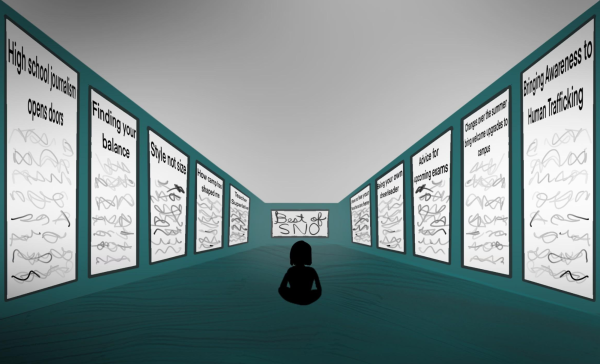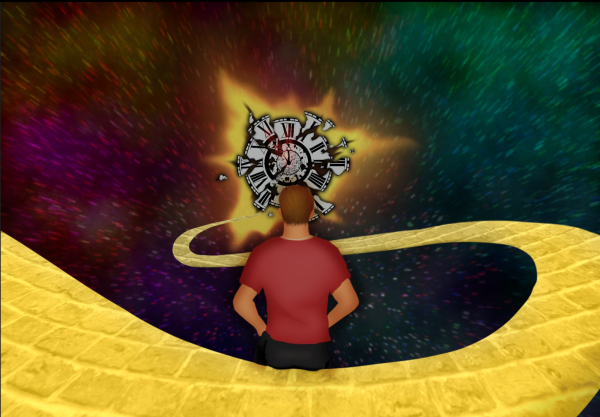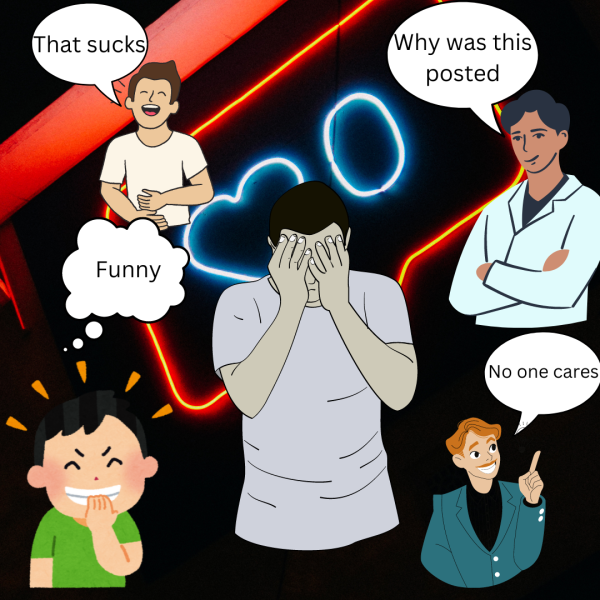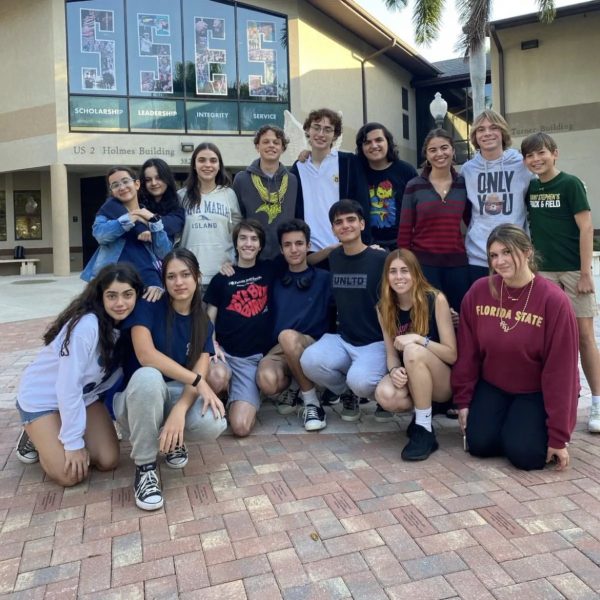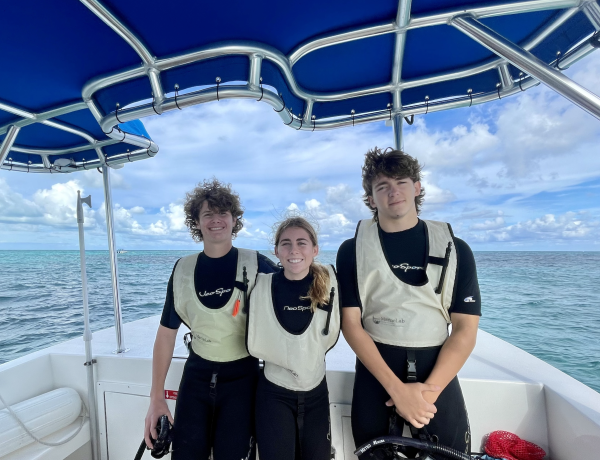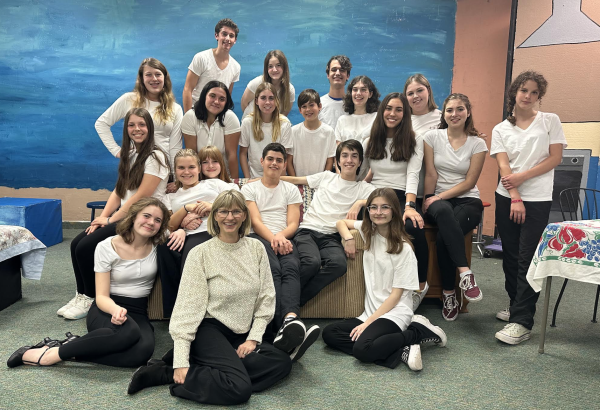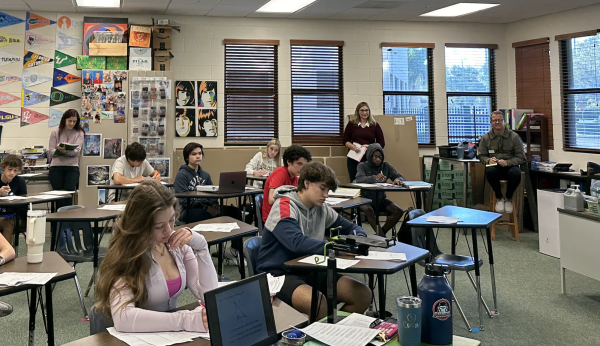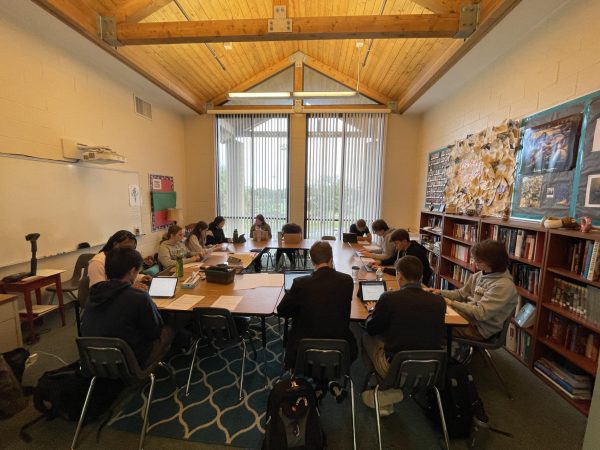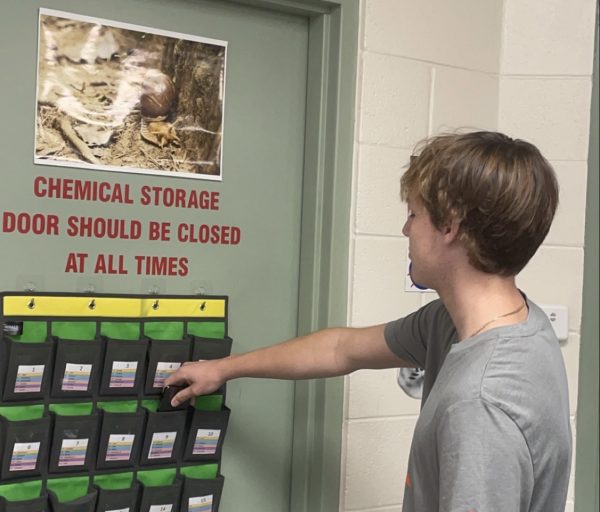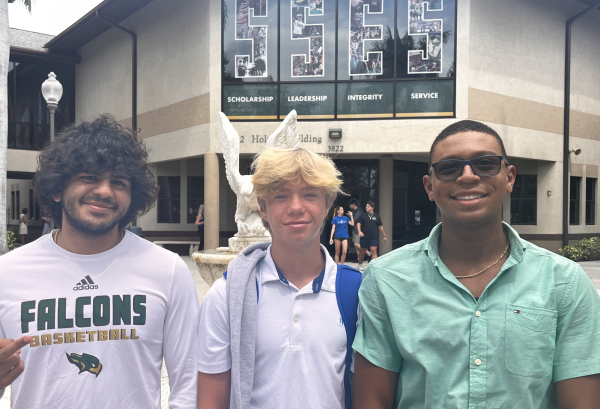What is Saint Stephen’s doing about ChatGPT?
ChatGPT is sweeping the nation and schools (and SSES is no exception). The question is: What should our school do about AI in the classroom?
Showing Chat GPT and how easily this tool can be accessed.
March 2, 2023
When Saint Stephen’s English teacher Mark Santa-Maria described ChatGPT (an artificial intelligence chatbot), he called it “The devil itself,” citing its potentially earth shattering effects on the way his class runs. But why?
ChatGPT, created by OpenAI, is an AI chatbot trained to answer and assist with any question a user may have. When a question is typed into its software, the AI scours the internet and generates an answer. Because the software can compose essays, write blocks of code and conduct research, ChatGPT has the ability to revolutionize monotonous tasks, especially communications, customer service and computer coding. Because of the ease with which it can do common classroom assignments (such as essay writing), many teachers are concerned about its impact.
Chat GPT has had a controversial start around the world and at SSES. Shortly after its initial release, students across the country started to abuse its power for schoolwork, and teachers like Santa-Maria began to think that ChatGPT would be the downfall of critical thinking. But the prevailing opinion amongst students, teachers, and administrators is that ChatGPT might actually have some uses in school moving forward.
So what place, if any, is there for AI in the classroom?
So far, there is no clear line as to whether using ChatGPT as a tool is plagiarism or not, and so far no rules other than a campus WiFi ban on the website have officially been put in place. Some kids, however, have found themselves in trouble for using it to write their entire essays because the writing is not the students’ original work. With all that’s going on, some teachers still think there is a place for ChatGPT’s presence in school.
According to Mr. Carlson, Honor Council head and Physics teacher, ChatGPT can be used as a tool for generating ideas, but using solely the text generated by the chatbot is plagiarism.
When speaking to Mr. Forrester, we found that no bans against the use of ChatGPT have been put in place, but students should still uphold the honor code when using it for school. There won’t be any solidified restrictions against it anytime soon, as Mr. Forrester explains: “It’s so new that there may even be useful ways to implement it in the school setting in the future.”
Dr. Elsner, a Latin and English teacher, noted that because of the AI’s flaws in language translation, “Chat GPT could be implemented as a tool for learning because students could use it to correct the erroneous Latin passages it writes, for example.”
I think it should be allowed since students are already using it, and like any tool it is good to come up with ways to use it. I’m concerned about cheating, but also excited about how much better essay writing could get. — Mrs. Paleczny
When it comes to computer science and coding, ChatGPT excels in this aspect. At Saint Stephen’s, computer science teacher, Mrs. Hays said, “The coding level of ChatGPT is so advanced that it would be very easy to catch a student ever using it.” For Mrs. Hays and some other teachers, it becomes very obvious when students are using it because the code it produces is either too vague or too advanced, and sometimes, when multiple students use it for the same assignment, the AI-generated code tends to be very similar.
Even with the concerns of cheating, there are still upsides to the AI that teachers like Mrs. Paleczny look forward to. “I think it should be allowed since students are already using it, and like any tool, it is good to come up with ways to use it. I’m concerned about cheating, but also excited about how much better essay writing could get.”
Similarly, student Mark Seklitov said that ChatGPT could be a potential tool, similar to Google, but he also voiced concern that it may take away from much of the critical thinking that comes with a majority of writing assignments.
The future of ChatGPT in education is uncertain, but interestingly, the consensus at the moment is that the tool could be unlocked by teachers and students as a powerful learning tool.
2
